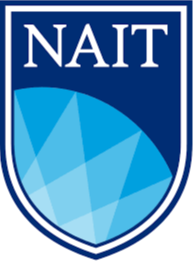Spring 2026: Additive Manufacturing
DfAM Redesign Proposal: Optimizing a Mechanical Part for Additive Manufacturing
Learners will redesign an existing mechanical part to take advantage of additive manufacturing (AM) principles. They will: Review an existing part from your operations or product line. Apply design-for-additive-manufacturing (DfAM) principles to optimize geometry, weight, and performance. Use CAD tools such as Fusion 360 or SolidWorks to produce a redesigned model. Compare traditional vs. AM designs and assess performance trade-offs.
Material and Process Comparison for Additive Manufacturing Applications
Learners will evaluate materials and processes to identify the best fit for a proposed AM application. They will: Select at least two AM processes (e.g., powder bed fusion, material extrusion). Compare performance trade-offs of polymer vs. metal feedstocks for the selected application. Assess factors such as cost, durability, mechanical performance, and thermal properties. Recommend the most suitable material-process pairing for the application.
Topology Optimization and Lattice Structure Design for Lightweighting
Learners will explore how topology optimization and lattice structures can reduce material use while maintaining component strength. They will: Select an industrial component for redesign. Use CAD and simulation tools to run topology optimization scenarios. Apply generative design or lattice structures to improve weight-to-strength ratios. Document how AM enables designs not feasible with traditional manufacturing.
